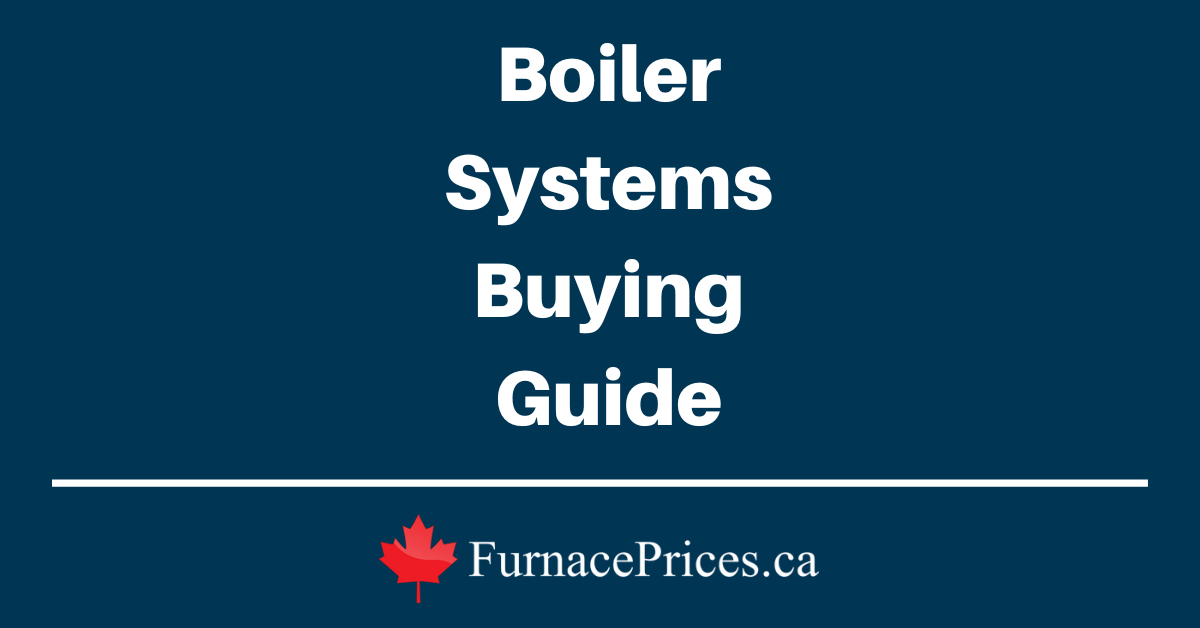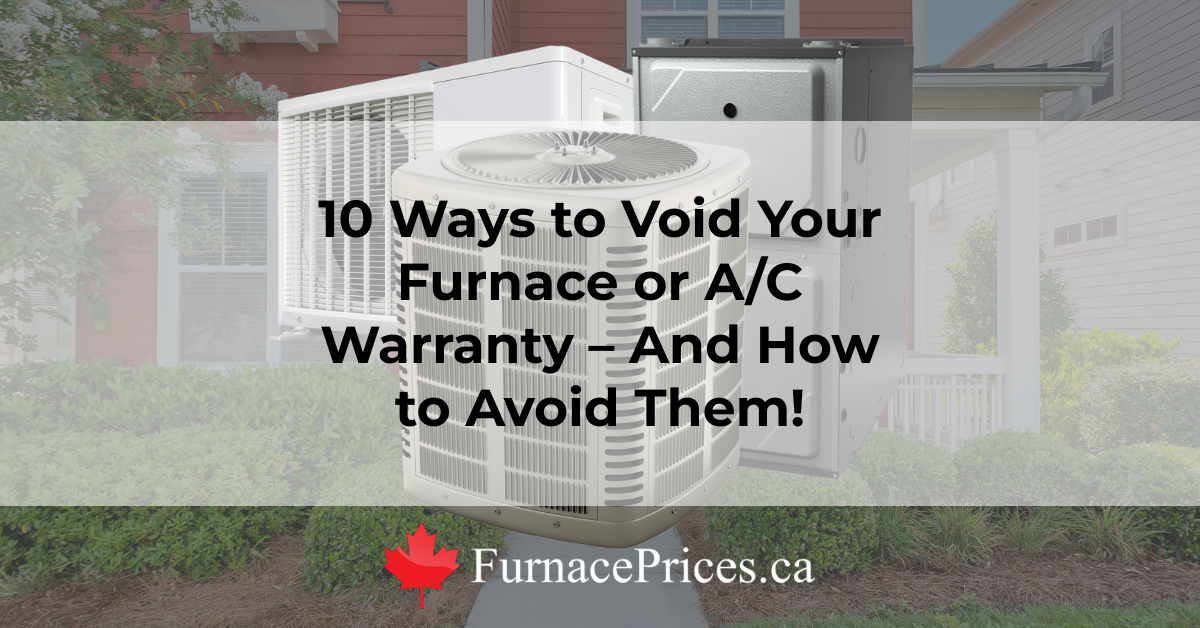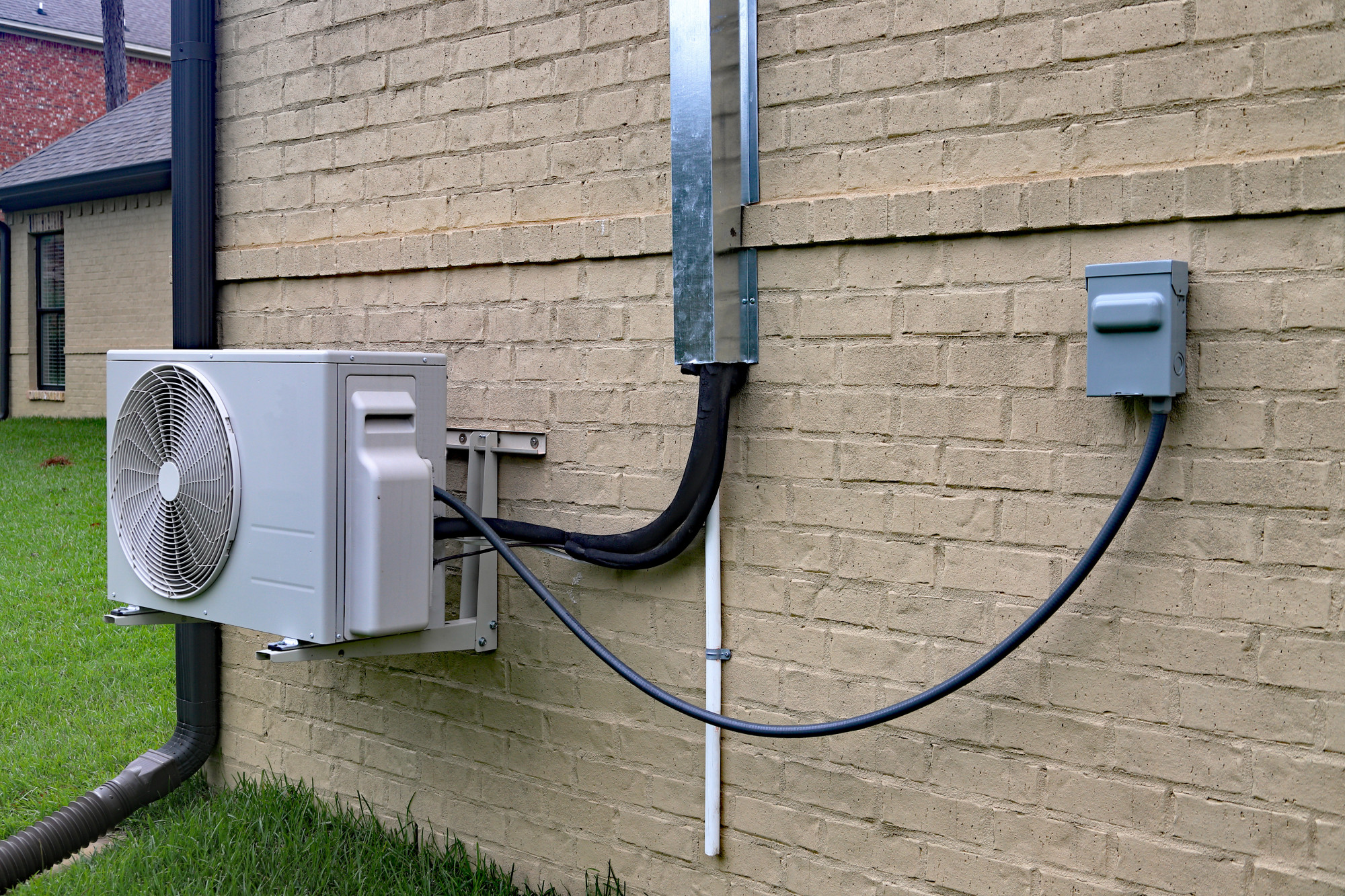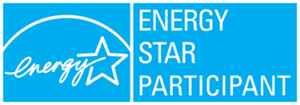What's covered in this article?
ToggleOur Complete HRV/ERV Systems Buyer Guide: Everything you need to know about HRV and ERV systems: the differences between them, benefits to you, prices, top brands, FAQs, and more!
✔ Expert-reviewed for accuracy and completeness.
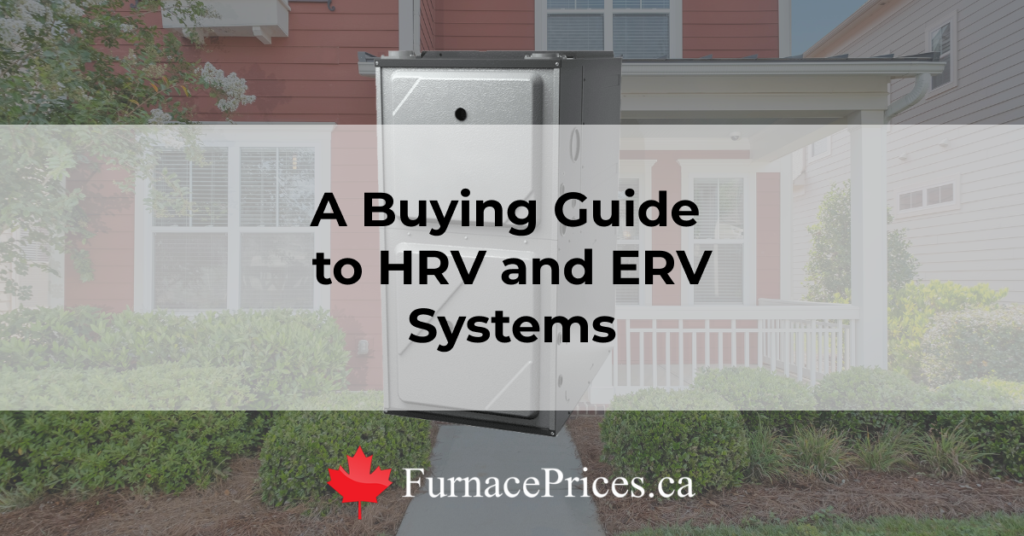
Canadians know how cold and uncomfortable the winters here can be, but having a
warm and cozy house to come home to helps make these long months
bearable.
Unfortunately, various things – including heating systems – can negatively impact the air quality in your home. Many people may find themselves having to choose between a warm house and fresh air because opening windows in the dead of winter isn’t a viable or affordable option.
Luckily, that’s where an ERV or HRV system in house can help: not only do they increase ventilation and improve the air quality in your home, but they also maintain your home’s ambient temperature. With one of these systems in place, you no longer have to choose between comfort and health.
If you’re unfamiliar with these systems or are looking to have one installed in your home, this guide will explain how they work and provide you with all the information you need to pick the right one.
To start, let’s discuss HRV systems…
What are HRV Systems: Heat Recovery Ventilation Explained
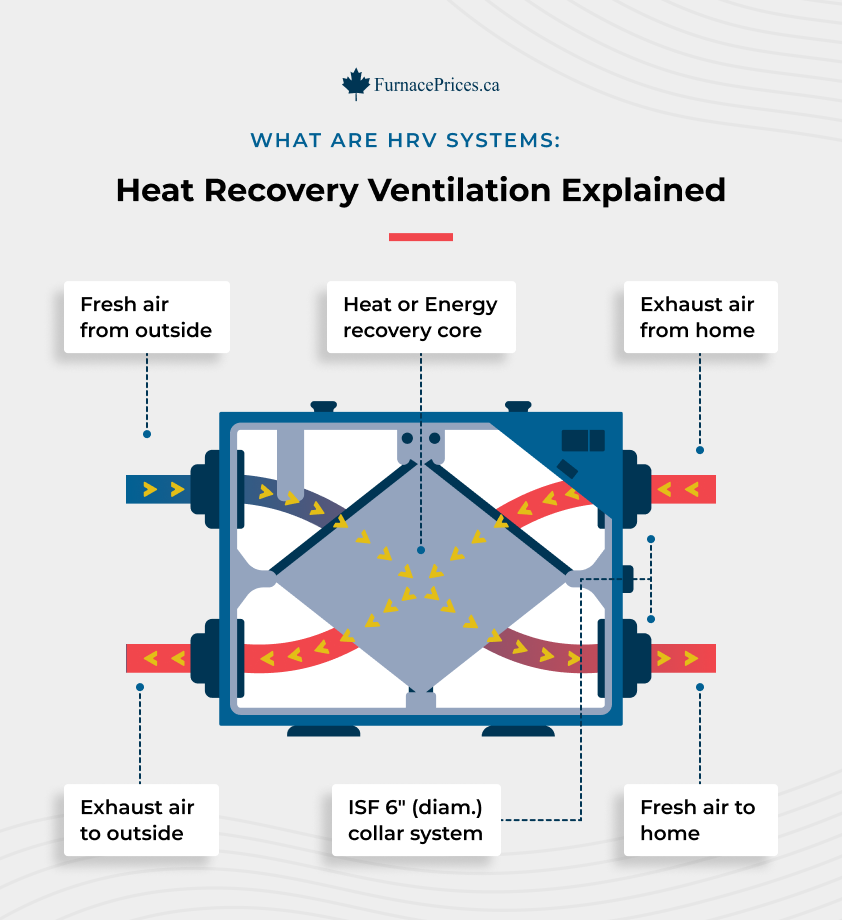
What is an HRV system and how does it work? A heat recovery ventilator (HRV) is a home ventilation system that’s designed to make the air in your home cleaner and more comfortable by constantly bringing in fresh outdoor air while simultaneously removing stale indoor air.
But, unlike traditional ventilation systems, which vent heated air from inside your home and replace it with cold air from outside, HRV systems also warm the air that comes back inside using the heat from the air that’s being vented.
In other words, you save money and get fresher air because the HRV system recycles heat from the outgoing air and uses it to warm the fresh air coming in from outside.
How Does an HRV System Work?
HRVs are typically installed as add-ons to your existing heating system, using the infrastructure that’s already in place to recover heat and reduce energy loss. Here’s a basic breakdown of how the systems work:
- The air inside your home is warmed by things like your furnace or boiler, body heat, respiration, and even warmth from the kitchen
- This warm interior air enters the system and runs through a heat exchanger, which is typically made from copper or steel
- The warm outgoing air passes its heat to the fresh incoming air via the heat exchanger, warming the cool exterior air without the system having to generate heat
- Stale air is vented outside while the newly warmed air is circulated throughout the house, providing your family with a constant supply of fresh air without much heat or energy loss
It’s worth noting that while HRVs are great for keeping your home warm in winter, they can also be used in summer to maintain the temperature in your home.
HRV vs ERV: Comparing Heat Recovery Ventilators and Energy Recovery Ventilators
Energy recovery ventilators (ERV) are very similar to HRVs and work in a very similar fashion, with the major difference being that ERVs will also recover some of the moisture from the stale air in your home before it’s vented to the outside. That way, the fresh air coming in can be heated/cooled and humidified before it’s circulated through your home.
Heat Transfer
HRV systems use a heat exchanger to transfer heat between incoming and outgoing air. As the warm air from inside the home passes over the heat exchanger, it warms the heat exchanger. When fresh, cool air from outside passes over the heat exchanger, the heat transfers to the air before entering the house.
ERV systems also use heat exchangers, but special kinds. The heat exchanger inside an ERV has a semi-permeable membrane that enables the system to transfer moisture as well as heat.
Energy Efficiency
HRVs and ERVs are designed for energy efficiency, but the actual performance will depend on the climate and circumstances. What’s more, both HRVs and ERVs can reduce energy costs but in different ways:
HRV systems: Perform most efficiently in warm, humid climates or cold climates. They have efficiency ratings ranging from 60% to 95%, and they can reduce heating costs.
ERV systems: Perform most efficiently in hot or humid climates. They have efficiency ratings ranging from 60% to 90%, and they can reduce energy costs associated with heating, cooling, and dehumidification.
For the most efficient systems, look for an ENERGY STAR® certified model.
Climate Suitability
An ERV system in Canada is ideal in two main scenarios: in humid climates that experience warm summers and in dry climates that experience cold winters:
ERVs for Hot and Humid Climates
During a hot and humid summer, the ERV will prevent moist exterior air from entering your home. Because moist air is harder to cool than dry air, this will reduce the load on your air conditioner and save you money on energy bills while also keeping your home more comfortable and providing fresh air.
ERVs for Cold and Dry Climates
During a cold and dry winter, the ERV will help retain some of the moisture inside your home while also recovering heat and providing fresh air. Dry winter air can increase static in the home and cause sore throats and dry skin, so the ERV will reduce these discomforts and save you money on running a humidifier.
Indoor Air Quality
The purpose of an ERV or HRV system is to improve ventilation in the home. Both systems can help remove carbon dioxide, pollutants, mold, allergens, and VOCs, thereby improving indoor air quality.
ERV or HRV – Which to Choose?
You’ll most likely want to choose an HRV system if:
- You live in an area with cold winters
- There are lots of people living in your home
- Your home is humid in winter
- You live in a small or medium home
- The home is newer or airtight
You’ll most likely want to choose an ERV system if:
- The home is older and drafty
- You live somewhere that’s hot or humid
- You have a smaller family
- Your home is dry in winter
- You live in a large home
Get Quotes
How soon are you looking to buy?*



Cost of an HRV or ERV System

ERV and HRV system prices range anywhere from $1000 to $4,500+ with installation. However, the ERV or HRV system cost may be lower if you install it at the same time as a furnace because you can save on labour costs.
So if you’re not replacing your furnace or A/C at the same time, the installation costs may be higher if you’re only adding an HRV/ERV.
There are many factors that can influence the final cost of an HRV or ERV system, including:
- Whether you opt for a whole-home or single-room unit
- Brand and model
- If the system is being installed in a new home or new furnace install or if an older home is being retrofitted
- Style of system you choose
- Amount of existing ductwork that’s available
- Placement of the furnace and how much additional venting or retrofitting is required
- Labour and materials required
- Size of your home
- Efficiency of the system (higher efficiency units tend to come with a higher price tag)
- Where you live, as prices vary widely by region across Canada, and prices may be higher in smaller or more rural areas compared to larger urban centers
Benefits of Ventilating Your Home with an HRV or ERV System: Are HRV Systems Worth the Money?
Canadians spend the majority of their time (nearly 90 percent) indoors, and this makes proper ventilation crucial for the health of your family.
Ventilation drastically improves air quality by providing a steady supply of fresh air, while removing stale air, eliminating pollutants like allergens and smoke, lowering relative humidity inside, controlling mold and mildew growth, and removing unwanted odours.
But, opening windows or using traditional ventilation systems isn’t always practical, especially during cold winters and hot summers when temperature control is also critical. In fact, traditional ventilation competes with your climate control efforts, and systems like these will end up costing you an arm and a leg on energy bills.
By contrast, an HRV or ERV system provides ventilation for your home while also reducing energy waste by up to 75 percent compared to traditional ventilation, resulting in huge savings on your utility bills.
Beyond health considerations and energy savings, there are also a number of other advantages to installing a house HRV system or ERV system, such as:
Temperature Maintenance
The heat exchanger inside an HRV or ERV system can be used to heat incoming air in winter or cool incoming air in summer, and this means your home will stay at the same comfortable temperature without your furnace or air conditioner having to work harder.
Preserving Air Quality
HRV and ERV systems don’t just provide your home with fresh air—they also prevent unwanted airborne contaminants from entering it.
Outdoor air is filled with pollutants like smoke, harmful gasses and emissions, allergens, mold, insects, and more, but HRV and ERV systems filter out these contaminants so they can’t get into your home.
HRVs, ERVs and indoor CO2 levels:
In fact, research has shown that the amount of CO2 in homes and other buildings like offices can actually be many times higher than recommended levels. This can have negative effects on our health.
Cost Savings
Along with saving you money on your monthly energy bills, an HRV or ERV system can also save you money in other ways; for one:
You won’t have to waste money on energy heating or cooling fresh air coming into your home, because the heat exchanger inside the system will maintain the current temperature. Furthermore: these systems can eliminate the need for multiple separate appliances, including humidifiers, dehumidifiers, and ventilation systems.
Choosing the Right System for Your Home: Key Considerations When Buying an HRV or ERV System
When you decide it’s time to install a home ventilation system, there are a number of factors to consider when choosing between an HRV or ERV, including things like your climate, how many people live in the house, and more.
Factor 1: Climate
Climate is one of the most important considerations when choosing between HRV and ERV. HRVs function best for mild and humid winters, but they can function well in cold climates as well, as long as you have adequate ventilation in your home to remove excess moisture from bathrooms and the kitchen.
ERVs function best for colder, drier winters and hot summers, because they can keep moisture inside if the air outside is dry, or prevent exterior moisture from getting in.
Factor 2: Household size
The size of your house and number of people in your family will also make a difference to the system you choose. Humans create a great deal of moisture from breathing, sweating, cooking, and bathing, so the more people there are in your house, the higher the humidity will be.
HRVs are best suited for larger families that tend to cook and clean often. They’re also good for smaller and medium homes where moisture can build up in the air.
ERVs, on the other hand, are better suited for smaller families that don’t generate a lot of excess moisture, and they also work well for large homes that dry out quickly.
Factor 3: Age of your home
Ever since the late 1970s, building codes and practices have resulted in new homes being more airtight than older ones. ERVs are great for older and drafty homes where humidity can escape and leave the air dry. HRVs are better for newer homes that don’t suffer from too many drafts and air leaks.
Factor 4: Existing heating system
ERVs are ideal if you have a furnace that tends to dry out the air in your home. The ERV will retain higher humidity levels and make the air more comfortable. HRVs are great if you have a boiler system that doesn’t dry out the air.
To recap: HRVs work best for large families living in small, airtight homes in cool climates, while ERVs are best for small families living in larger homes in cold climates.
Key Considerations When Buying an HRV or ERV System
Single-room versus whole-home systems
HRV and ERV systems are available in single-room and whole-home models. Whole-home units are great for overall air quality, but your home has to have extensive ductwork in order for them to work. For one thing, there needs to be ductwork and vents to circulate air around the house, but there also needs to be an exterior vent for air intake and removal.
A single-room unit can be mounted in a window or installed in a wall opening, eliminating the need for extensive ductwork in the house. Most homes in Canada have ductwork, so whole-home options are often ideal, as the HRV or ERV can be installed near the furnace.
Practicality
HRV and ERV systems aren’t typically practical in mild climates, especially if you don’t have a furnace to heat your home in winter or an air conditioner to cool it in summer. Because the difference in temperature between interior and exterior air is often minimal, you might be better off opening windows, using fans, or using another ventilation method instead of spending the money required to install, maintain, and operate an HRV or ERV. These systems are far more practical for homes that experience high humidity in winter or summer.
Given that most of Canada’s population lives in a temperate climate, with cold winters and hot and humid summers, these systems are worth considering for most homeowners.
Energy savings and efficiency
HRV and ERV systems are often used in cold climates to help keep homes warm and ventilated in winter, and they are highly effective in these situations. However, they can also offer energy savings in hot climates because they can reduce the burden on your air conditioner and lower your cooling bills.
There are also energy-efficient HRV and ERV systems on the market that will further lower your energy bills. ENERGY STAR certification is only granted to HRV and ERV systems that have a sensible-heat recovery efficiency (SRE) of 65 percent at 0 C and 60 percent at -25 C. It should be noted that systems that are equipped with electric resistance heaters aren’t eligible for this certification.
Warranties
Higher-end HRVs and ERVs often come with a warranty. This often includes something like a 10-year or lifetime limited warranty on the heat recovery core plus a two- or five-year warranty on other parts. In order to receive ENERGY STAR certification, HRV and ERV systems must come with a one-year warranty at least.
How to Size an HRV or ERV
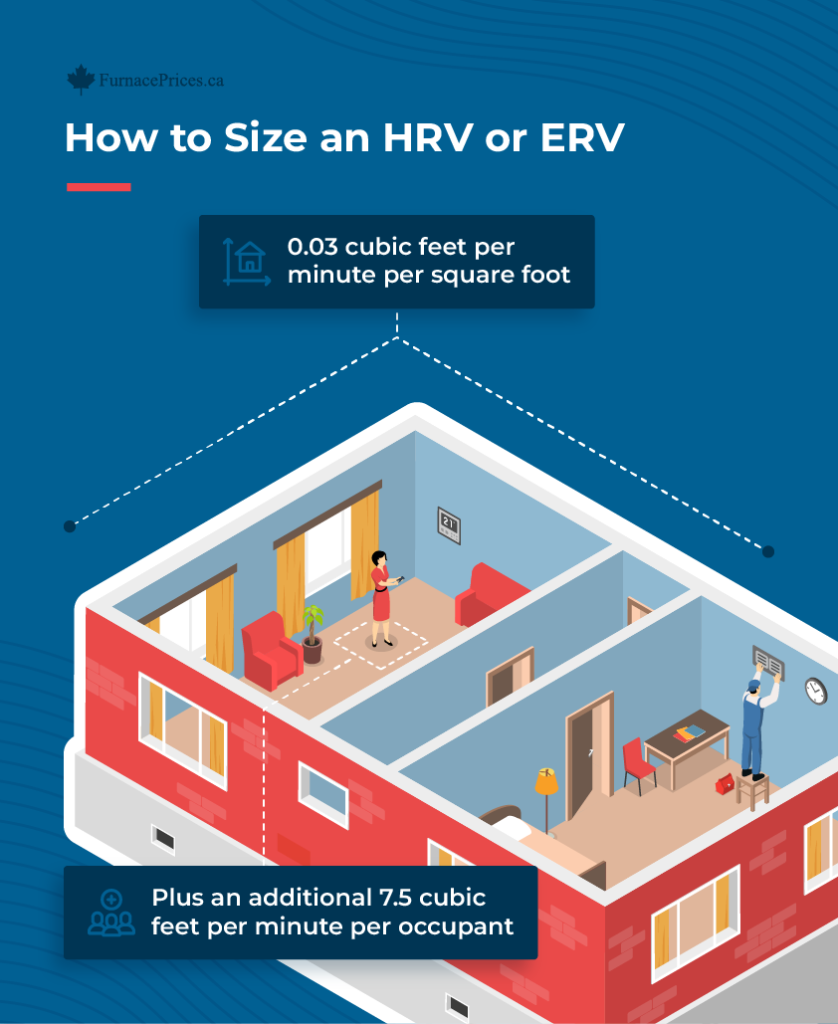
ERV and HRV systems are sized based on how much air they move through the house. You can measure this in cubic feet (of air) per minute and air changes per hour. One air change is when the total volume of the air in a space is removed and replaced with fresh air.
As such, the size of the system you need depends on the size of your house. According to the American Society of Heating, Refrigerating and Air-Conditioning Engineers, you can calculate HRV and ERV size using this rule:
0.03 cubic feet per minute per square foot, plus an additional 7.5 cubic feet per minute per occupant
Installation Considerations for HRV and ERV Systems
We highly recommend employing the services of a licensed HVAC technician to install an ERV or HRV system in your home.
Aside from sizing the unit for your home, there are many things to consider during the installation process, including:
- The unit should go in a location that’s easily accessible for maintenance and filter changes, and there should be enough clearance around the unit
- The system needs balanced airflow providing fresh incoming air to replace the stale outgoing air
- Ducts should be insulated and sealed properly to prevent leaks and energy loss
- Placement of the intake vent should provide fresh air in your home (not air that’s polluted with exhaust or other contaminants)
- Making sure there’s condensate drainage for an ERV system
- Integrating the HRV/ERV with your thermostat or setting up a timer
- Ensuring the installation is up to building codes and ventilation standards
Integrating an ERV or HRV System in Your Home
Like central air conditioners and mini-split air conditioners, ERV and HRV systems come in ducted and ductless models.
Ducted systems are great if you have central heating/air and already have ductwork in your home because they use the existing ducts to remove stale air and distribute fresh air.
For homes that don’t have ducts, a ductless HRV/ERV is a great alternative. These use smaller systems that get installed through exterior walls to ventilate a single room, and you can install multiple units throughout the house.
Top Brands for HRVs and ERVs
There are lots of options on the market when it comes to these systems, and many people wonder what the best HRV system in Canada might be.
The fact is there are many things to consider when deciding which HRV/ERV unit is right for you, including your home and household needs and budget.
To help you get started, here’s a quick breakdown of some of the most trusted names in HRV and ERV systems.
Systemair Inc. (Greentek)
The Greentek line (which was recently acquired by Systemair Inc. from Imperial Manufacturing Group Inc.) includes a number of high-quality HRV and ERV models that are efficient and reliable, and performance is guaranteed thanks to the great warranty. Many people also ask “are HRV systems noisy” and Greentek took this to heart when they created systems specifically designed for quiet operation and comfort.
Venmar
Venmar has been specializing in HRV and ERV systems for over three decades, and their goal is optimal indoor air quality for your home. They also have ENERGY STAR certified systems, so you can rest assured you’ll be getting the most from your investment.
Lennox
Lennox has been a trusted name in Canada’s HVAC industry for over 100 years, and they have HRV and ERV units that are ideal for year-round ventilation. They also use their patented Healthy Climate ventilation technology to ensure their systems don’t produce ozone while ventilating your home.
Lifebreath
Lifebreath has been creating home ventilation products like HRV and ERV systems for over 30 years, and their systems are designed to provide your home with the best air quality possible. Their units are durable and easy to maintain, are backed by a great warranty, and are designed for maximum heat transfer.
HRV and ERV System Rebates and Incentives
You can potentially save money on the cost of an ERV or HRV system through rebates. Rebates on HVAC equipment are sometimes available through:
- Local, provincial, and federal governments
- Municipal or provincial utility companies
- Local HVAC companies
- Banks
- Energy organizations
Just make sure you read the fine print: You often have to apply for the rebates before you buy the equipment to be eligible.
Getting the Most from Your HRV or ERV System
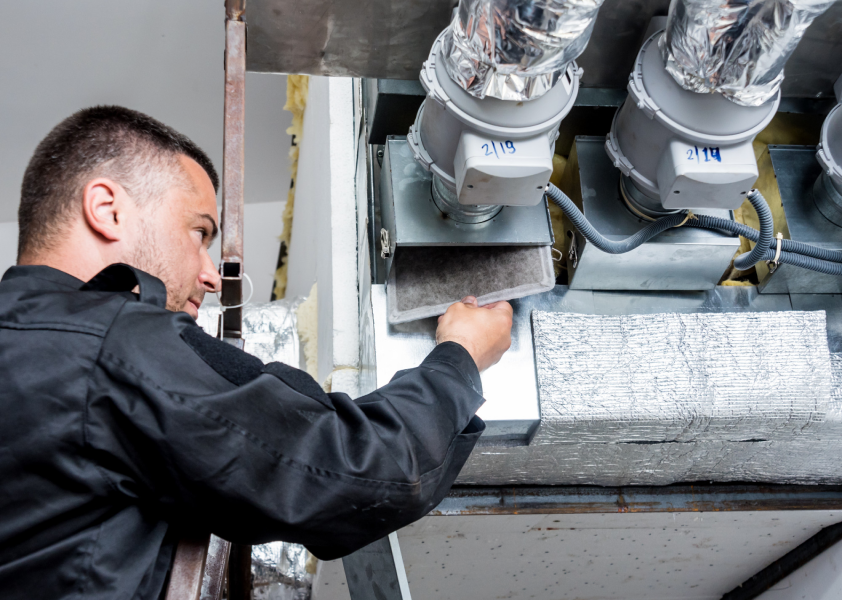
HRV and ERV systems can work wonders for the air quality in your home, but they do require some maintenance and care to work properly. One of the most important things to remember is that you should never turn the system off, except when it’s time for servicing.
On that note, you should also have the system inspected and serviced once a year by a trained and certified technician.
Pro tip: If possible, have your furnace and HRV/ERV system serviced at the same time to cut costs and save yourself the inconvenience of separate house calls.
Maintenance Tips
HRV and ERV systems are relatively high-maintenance, but it’s well worth the time and effort to keep your system functioning optimally. Here are some general maintenance tips to get you started:
- Clean or replace the filters every one to three months to maintain optimal air quality
- Clear the air intakes and vents regularly to remove obstructions and contaminants
- Clean and service the fans and dampers as needed
- Clean the heat exchange core annually
- Clean the condensate drain annually
- Check the owner’s manual for other recommended maintenance
Evaluating Noise Levels and Sound Dampening in HRV and ERV Systems
HRVs and ERVs are mechanical devices, so they do make sound. One of the most significant sources of noise will come from the fan, but other factors that can impact sound levels include:
- Improper installation
- Wrong duct sizing
- Incorrect placement of the unit
- Type of blower
Noise levels on an HRV/ERV will typically be measured in decibels. Like with furnaces and air conditioners, some manufacturers will include noise-dampening features into their HRV/ERV designs.
You can also use insulation, rubber mounts, and acoustic sound blankets to reduce the noise from an ERV or HRV system.
Frequently Asked Questions
What Size HRV Do I Need?
The first choice you’ll have to make is between a whole-home system versus a single-room. Single-room units are based on the square footage of the room, whereas whole home systems will depend on the size of your entire home and the number of air changes you want per hour. There are online calculators you can use, or you can get a professional consultation for the most accurate calculation.
Where to Buy an HRV System?
HRV and ERV systems are available through many Canadian HVAC companies and their exclusive retailers, as well as from many home improvement stores, such as Rona and Home Depot.
Can I use an HRV in My Bathroom?
Single-room HRV systems can be ideal for controlling humidity in bathrooms and kitchens, especially if these rooms don’t have functional or existing vents to remove excess moisture. Just remember that HRVs are more suited for this task, because ERVs will retain a lot of the humidity you’re trying to get rid of.
Will an HRV Help with Radon Gas Removal?
If radon gas is a problem in your area, then you’ll be glad to know that HRV/ERV systems can help manage radon levels in your home. As long as the unit is installed and maintained properly, an HRV or ERV could reduce radon levels by as much as 50 percent. That being said, it’s still a good idea to speak to a radon specialist, as an HRV/ERV may not be sufficient.
What is the life expectancy of an ERV system?
ERV and HRV systems have a typical life expectancy of 10 to 20 years, especially with professional installation and regular maintenance.
Do I need a bathroom fan if I have an HRV?
For most homes, a properly fitted and installed whole-home HRV system will be sufficient to remove moisture and odours from bathrooms.
However, this may not be the case in every home, and your best bet is to discuss it with a professional HVAC technician.
What’s more, if you have a ductless HRV system and don’t have sufficient ventilation near the bathroom, you may still need a bathroom fan.
Do I need a dehumidifier if I have an HRV?
An HRV system can remove excess moisture from your home, but its main job is ventilation. Depending on your home and climate, especially if you live somewhere with humid summers, you may still need a dehumidifier even if you install an HRV.
Signs you may still need a dehumidifier include condensation on windows, mold growth, and other symptoms of high moisture levels in the house.
Should I keep my HRV on in summer?
You shouldn’t run an HRV in the summer if you have the windows open. But if you keep windows and doors closed and have an air conditioner, running the HRV in summer can keep the air fresh.
Just be careful if you live somewhere with humid summers. Running an HRV when the outdoor humidity levels are higher than inside can lead to excess moisture in the house.
Should I run my HRV continuously in winter?
For the most part, it’s a good idea to run your HRV system all winter to maintain fresh air and remove pollutants from the house.
Get Quick FREE Quotes From Respected Local Distributors & Contractors NOW!
Related Posts
-
Our Complete Boiler Systems Buyer Guide: Everything you need to know about buying a boiler system:…
-
Good warranty coverage is crucial when buying a new furnace, but don’t make one of…
-
Only 61% of Canadian homes had an air conditioner installed by the end of 2019.…
Get Quotes
How soon are you looking to buy?*






